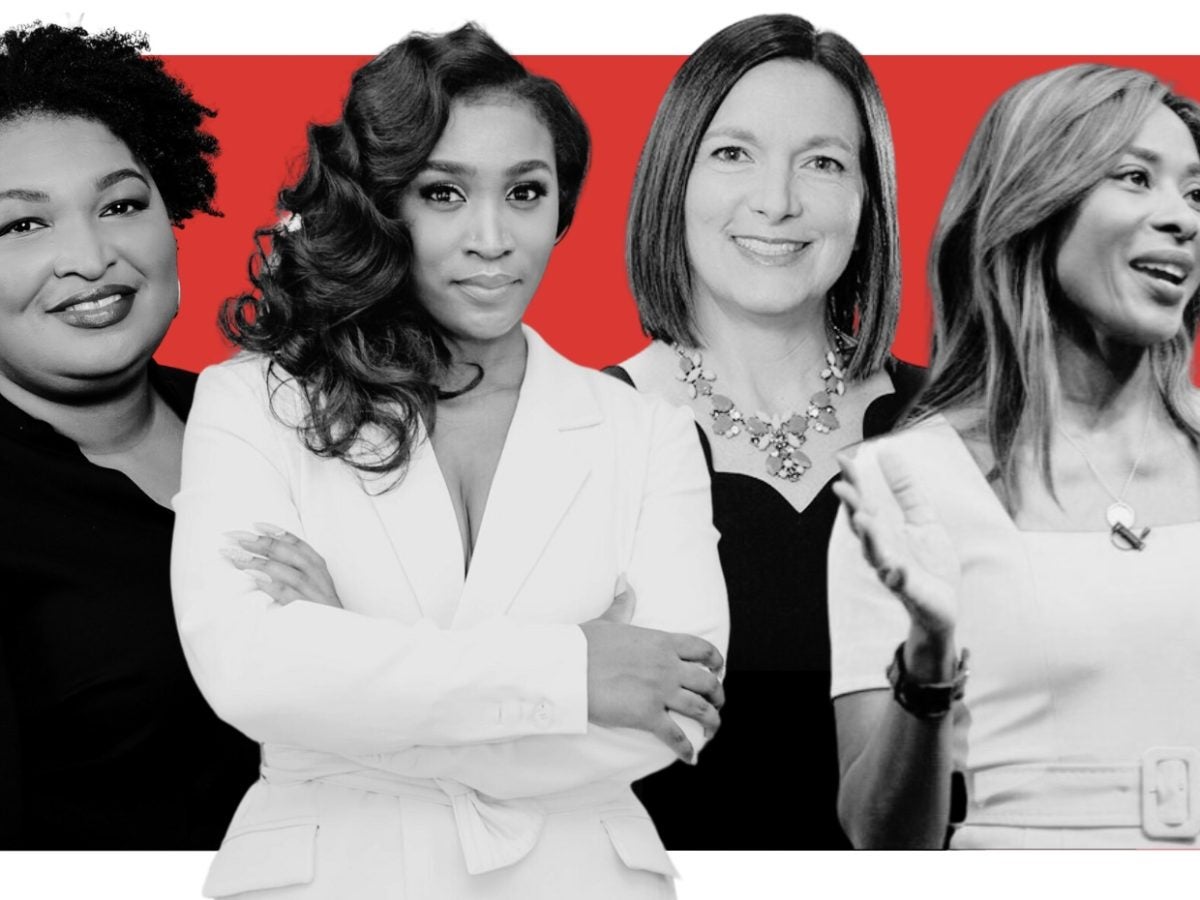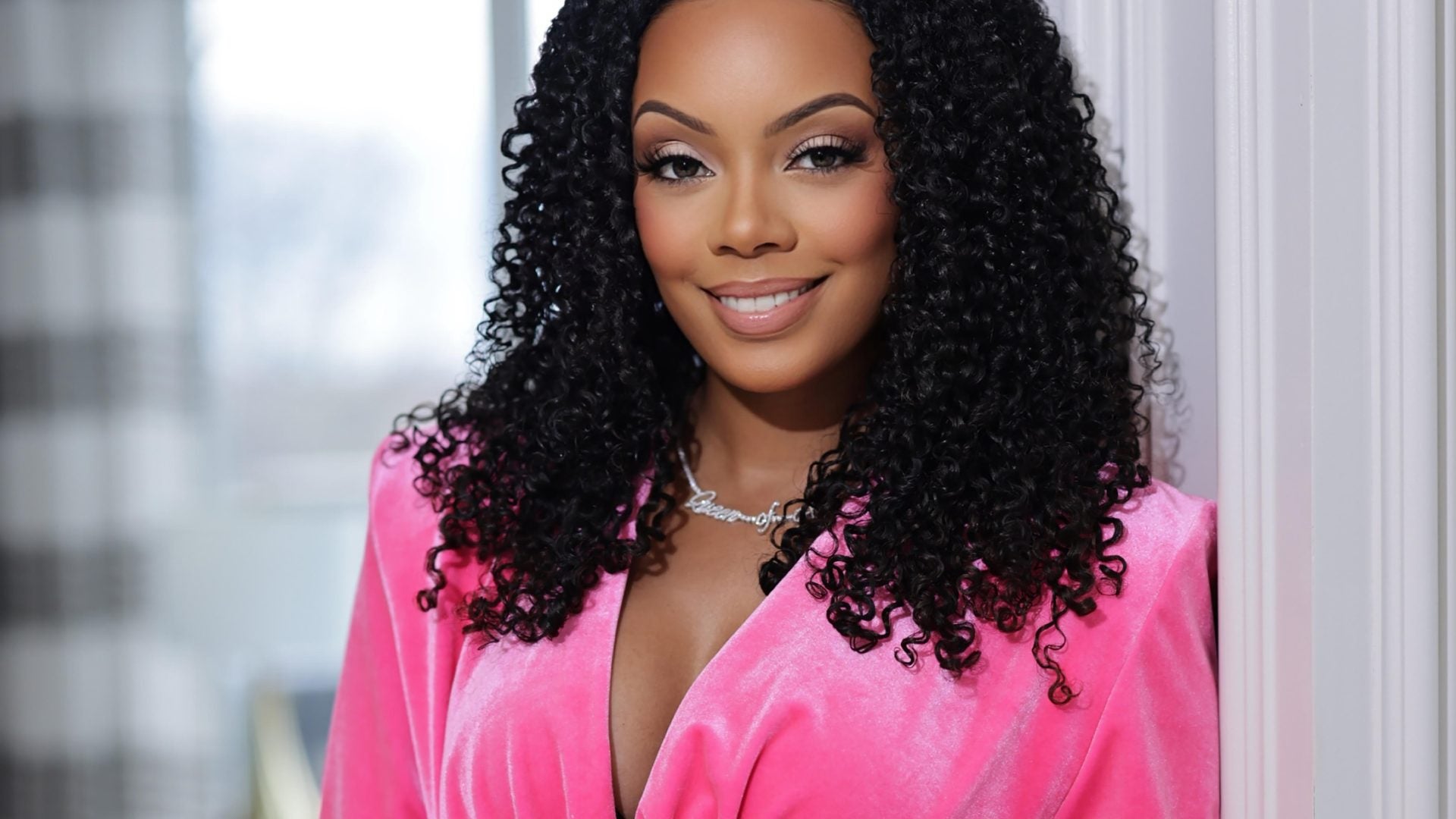
As children, we were told never to get into cars with strangers. So who would have guessed we’d be texting complete randoms to pick us up? Before Uber, it would’ve been unthinkable.
The most groundbreaking business ventures are solutions to problems we may not know we have. But imagination alone isn’t enough. Capital is required to turn ideas into things. Seed funding, the most common means of early-stage financing, can be a vital component to getting startups off the ground. But, unfortunately, for most Black-owned startups, venture capital investments are hard to come by.
It’s a reality Mia Cooley knows well. A self-identified queer Black woman and mom, Mia recognized a problem in her community and developed a solution as an app. She validated market demand and followed all the fundamental startup rules to proven viability. Still, when it came time to pitch her xHood app in the Seed Funding game, she discovered that covering all bases wasn’t enough. “My experience building a product that prioritizes the experiences of the most marginalized community, Black Queer birthing people and family builders, has been plagued with having to ask that the people with the capital step outside of their own truths and lived experiences. I find myself having to prove myself as a founder, my ability to lead teams as a woman, and the market I’m serving as ‘venture scale’ – most of the time, this is coded language for worthy,” Cooley shared.
It’s a common problem for Black-owned startups. According to 2022 Crunchbase data, Black founders got just a 1% cut of the $241 billion Venture Capital pie; Black women took a third of that single percentage. So when Black queer women like Cooley reached for their slice, there was nary a crumb left to be had. Startups need funding to exist and thrive, and if Black male founders are malnourished in the investment space, their female counterparts are starved. But where there’s a will, there’s a workaround, and eventually, Mia found a way.
This year, xHood completed a fruitful round of Pre-Seed funding, raising $120K. With backing from Techstars, the soon-to-be-released Queer Family Building App has a waitlist of over 1,000 for its May 27, 2023, Beta release. From planning to conception to pre and postnatal care, the app provides Black LGBTQ parents with one-stop access to medical guidance, educational resources, and moral support from a caring community. It’s a testament to the importance of supporting innovative solutions from diverse founders who best know the needs of their community.
ESSENCE spoke with Goldman Sachs and Now executives whose programs are allocating funds to entrepreneurs like Mia, those underrepresented in the traditional VC space.
Stacey Abrams and Lara Hodgson are Closing the Credit Gap “Now”
Black business owners are less likely to land SBA and bank loans, and when they do, sums tend to be smaller with interest rates higher than their non-minority counterparts. Limited access to financial resources causes many Black entrepreneurs to resort to self-financing, often drawing down savings and racking up credit card debt. According to a Goldman Sachs report, 75% of Black women entrepreneurs cite lack of capital as a critical barrier to success. This credit gap disadvantages minority business owners.
“Accessing capital is based on a series of decision-making and underwriting rules that are inherently biased at their very base,” said Lara Hodgson, CEO of B2B payment solution company Now. “It’s easy for entrepreneurs to say, ‘Oh, entrepreneurship is about risk-taking, seizing the opportunity.’ That’s really easy to say when you’re not the person who’s got children or aging parents to care for. But realities for women and minorities are often different,” said Hodgson, who co-founded the fintech startup with political powerhouse Stacey Abrams. “I think differences in circumstances can be discouraging for women and minorities—who often make the best entrepreneurs.”
Now has accelerated more than $800 million to small and underestimated businesses through its innovative B2B payments platform. Goldman Sachs joined forces with the tried and proven, women-founded startup to address the credit gap for entrepreneurs historically locked out of traditional bank loans. Together they launched a $225 million credit facility focused on financing small and historically underserved businesses.
To see if you qualify, visit https://nowcorp.com/.
A Holistic Approach For Black Women Entrepreneurs: Goldman Sachs’ One Million Black Women Initiative
Systemic racism triggers a domino effect in which a single trigger collapses more easily under the weight of the last. Phenomena such as inflation and pandemic—while disastrously felt by all, are more consequential for Black communities already compromised by long-standing inequities across the spectrum. It’s an insidious cycle so full of fault lines it seems near impossible to mend. But, Goldman Sachs is making the impossible possible for Black women, whose disparities are multiplied by gender; at least, that’s the mission of One Million Black Women.
The $2.1 Billion initiative takes a holistic approach to meet the unique challenges Black women face. “We have set out this initiative to attack these issues across seven key pillars — that’s healthcare, job creation and workforce development, education, affordable housing, digital connectivity, financial health, and access to capital,” Asahi Pompey, Goldman Sachs Foundation President & Global Head of Corporate Engagement told ESSENCE. The program aims to impact the lives of over 215,000 Black women and girls nationwide; for founders and entrepreneurs, the “access to capital” pillar is vital to surviving the turmoil of the current business landscape.
Black business owners face unique growth-limiting barriers that often cap potential and compromise their ability to withstand economic headwinds, according to Hello Alice’s 2023 Black-owned Economy Report. For example, in the report which surveyed some 3,176 Black small business owners, 47% said their ability to survive inflation in the aftermath of the pandemic would be determined by their ability to secure funding, 27% by their ability to expand their customer base—both require cash flow.Pompey says capital injection can be a matter of survival for Black women-owned businesses, and access to networks is also essential.
“We saw that black women were starting businesses faster than any other demographic in the United States. Unfortunately, however, 97% of those businesses fail. And in many cases, that black woman entrepreneur is in a worse position than if she hadn’t started the business to begin with. So we decided to step into that space and say, this is a phenomenal opportunity for Goldman to be able to allow more of these businesses to succeed. And how can we do that? How can we find investment opportunities that allow these businesses to grow?,” Pompey said. The answers to those questions came directly from the source.
Over the last two years, Goldman Sachs heard from over 20,000 Black women nationwide through more than 60 listening sessions. Their voices and insights were critical in refining Goldman Sachs’ investment strategy. “They asked for access to capital, education, and network connections to thrive and grow,” Pompey said. In two years since the program’s launch, One Million Black Women has deployed over $2.1 billion in investment capital and over $23 million in philanthropic capital to 137 organizations, companies, and projects nationwide.
Explore grants provided by One Million Black Women Initiative here: goldmansachs.com/one-million-black-women/black-women-impact-grants






